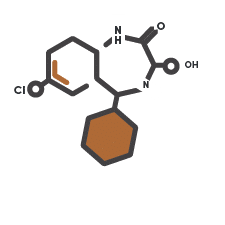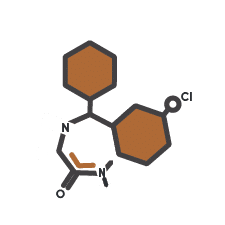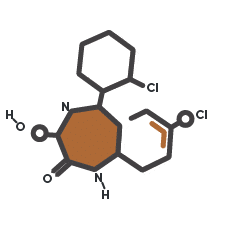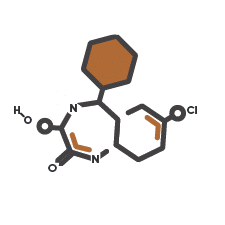About half of the people struggling with alcohol abuse experience withdrawal symptoms when they stop drinking. Decades ago, the lack of proper medical care made alcohol withdrawal extremely dangerous—nearly 40% of people didn’t survive the process. Thankfully, with today’s medical support and safer detox options, the risk of death has dropped to less than 7%.
At Arizona IOP, we partner with trusted local providers offering high-quality alcohol detox programs designed to help you or your loved one safely manage withdrawal and take the first step toward lasting recovery.

















